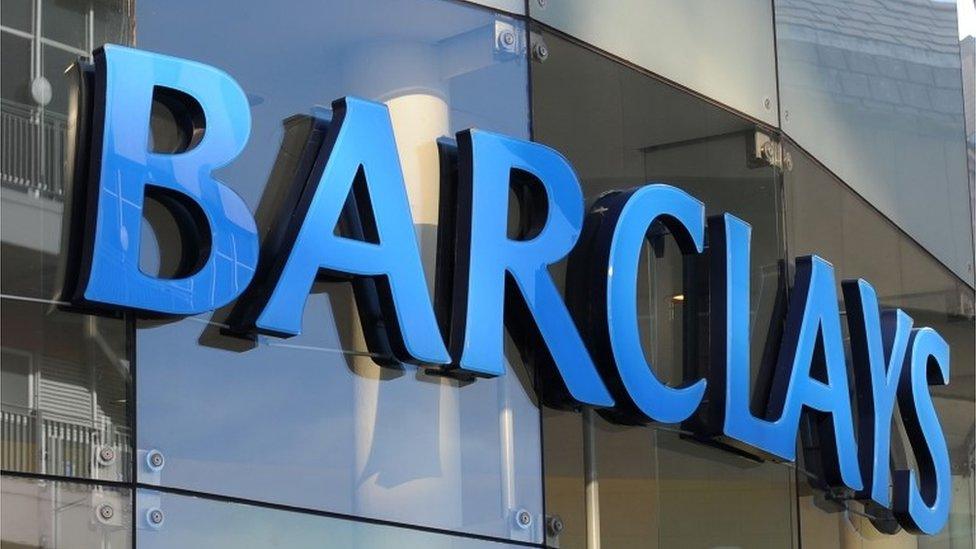Barclays Strikes First Major Carbon Removal Deal with UNDO in Canada

- Barclays secures 6,538 tonnes of permanent carbon removal through enhanced rock weathering in Ontario.
- Agreement marks the UK’s largest ERW deal and Barclays’ first large-scale carbon dioxide removal (CDR) investment.
- Innovative pre-financing model links financial institutions with nature-based carbon solutions at scale.
London Steps Into Carbon Removal
Barclays has signed its first large-scale carbon dioxide removal (CDR) agreement, partnering with British climate tech company UNDO to advance enhanced rock weathering (ERW) in Canada. The deal, covering 6,538 tonnes of carbon removal, is the largest ERW agreement to date led by a UK supplier.
Under the contract, UNDO will spread finely crushed silicate rocks across 10,000 acres of farmland in Ontario. The chemical process locks away atmospheric carbon dioxide while also improving soil health. The project is backed by an innovative pre-financing structure, allowing UNDO to scale operations with early capital while Barclays secures long-term removals.
A Growing Market for Durable Carbon Removal
For Barclays, the agreement fits into a wider net-zero strategy targeting residual emissions. Daniel Hanna, Global Head of Sustainable and Transition Finance at the bank, said the step builds on progress in its operational footprint.
“Having reduced our Scope 1 and 2 emissions by 95%, we are complementing our core net-zero operations strategy by investing in permanent carbon removal,” Hanna said. “UNDO’s approach to enhanced rock weathering offers the potential for a scalable solution to permanent carbon removal, which is pioneering, and one we’re proud to support.”

UNDO, an XPRIZE winner, is seeking to grow ERW into a gigatonne-scale solution, spreading millions of tonnes of rock each year. Its client base already includes Microsoft, British Airways, and McLaren Racing. Founder and CEO Jim Mann called the Barclays deal a validation of its model.
“With the backing of forward-thinking organizations like Barclays, we are rapidly expanding enhanced rock weathering across farming communities, delivering measurable co-benefits such as stronger soils, healthier crops, and higher yields,” Mann said.
Why It Matters for Finance Leaders
The financial sector has largely been on the sidelines of engineered and nature-based carbon removal, wary of cost, durability concerns, and limited supply. Barclays’ entry into ERW reflects a broader shift among banks and institutional investors toward direct offtake contracts rather than secondary carbon credit purchases.
The deal also demonstrates how financing structures can be adapted to unlock early-stage climate technologies. By pre-financing the expansion of operations, Barclays provides UNDO with working capital while receiving guaranteed volumes of durable removals. For investors and banks under regulatory scrutiny to reduce financed emissions, such arrangements could form a model for future CDR integration.
RELATED ARTICLE: Barclays Pilots Greener Home Reward to Support Energy Efficiency-Related Home Improvements
Scaling Rock Weathering to Climate-Relevant Levels
Enhanced rock weathering is emerging as one of several permanent CDR approaches, alongside direct air capture and bioenergy with carbon capture and storage (BECCS). Advocates argue ERW offers distinct co-benefits for agriculture, potentially easing adoption in rural economies. Critics, however, note challenges in verifying carbon uptake and the need for independent monitoring.
UNDO has sought to address this through scientific partnerships and third-party verification, framing its projects as both climate mitigation and agricultural resilience tools. With the Barclays deal, the company adds another high-profile partner while positioning ERW as an investable CDR pathway.
Global Implications
For Barclays, the deal is both symbolic and strategic: the first step into a sector expected to grow rapidly as corporates and financial institutions grapple with residual emissions after decarbonization. For the CDR industry, it signals rising interest from mainstream finance, which could accelerate deployment of early technologies if replicated.
As policymakers in Europe, North America, and Asia weigh mandatory CDR targets and reporting standards, bank involvement may become essential to bridge capital gaps. The UNDO-Barclays partnership offers a glimpse of how financial institutions can align operational net-zero goals with market-shaping climate innovation.
Follow ESG News on LinkedIn












